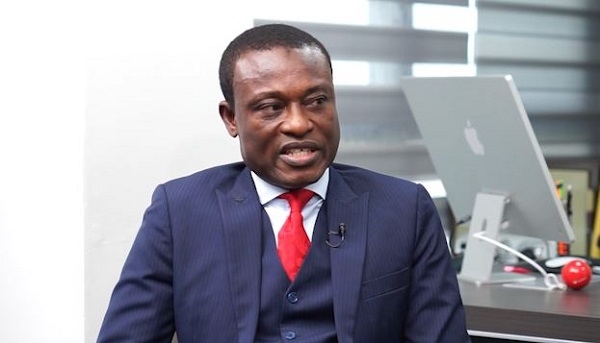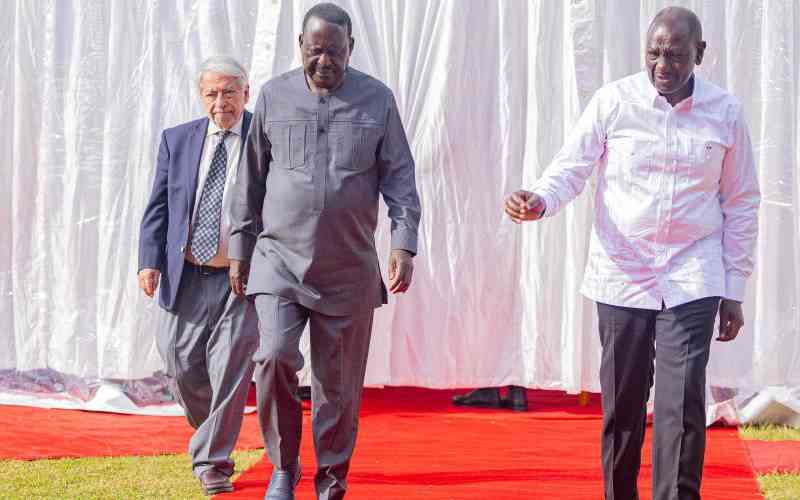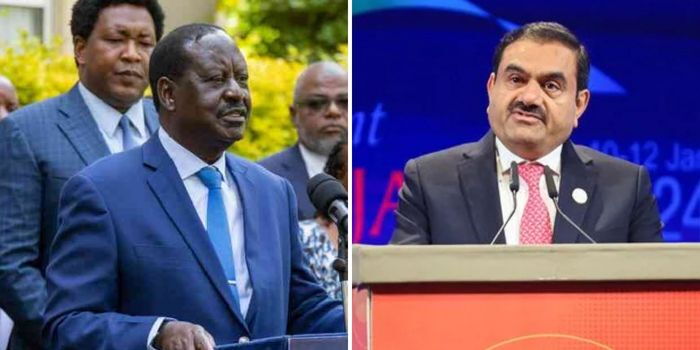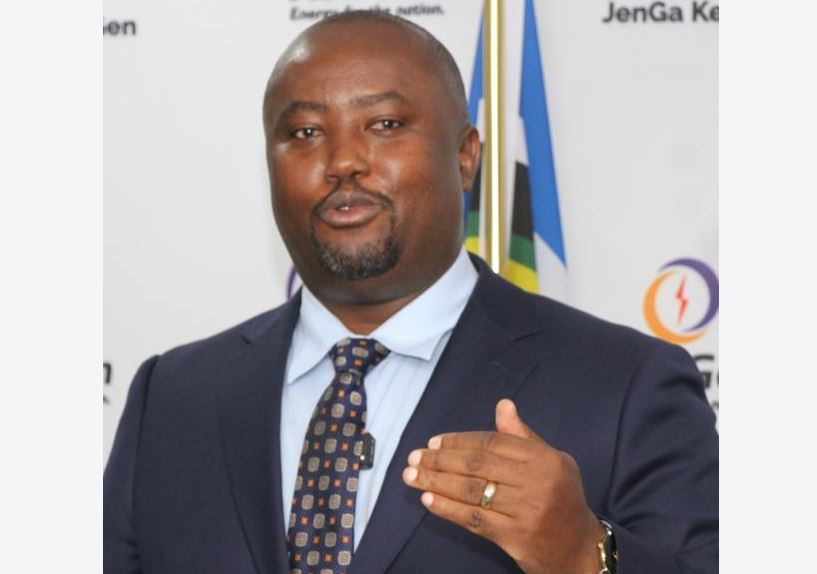Comment on Cornering Modi by Corridors of influence: The strategic rewiring of Greek ports - GeoTrends
[Adani and the PM]
It is said of highly professional intelligence agencies that what they consistently do well is focus on the leaders of countries their government deals with, to try and find some weakness, some sore spot, a well hidden secret in the present or from the past, perhaps, marital discord, or sexual peccadilloes, or evidence of sexual deviance, of a lover squirrelled away in some safe house somewhere, or a woman scorned who can be turned to provide the dirty on the leader, something, anything, that the leader would rather keep away from the public eye, and to use this or that piece of information to get that leader of that government of that country to do as he is told, to take this decision, make that policy, announce such and such friendly step, or sign a specific deal. Information is a foreign state’s leverage and it is the stuff of external intelligence gathering.
The biggest intelligence coup of recent years is Putin’s KGB — the Russian Federal Security Service reportedly videographing, among other things, Trump during one of his business tours, pre-presidency, to Russia enjoying the company of blondes and a “golden shower”. Do you wonder why, where Moscow is concerned, Trump is a mewing pussycat?
Indian leaders have always had their weaknesses. There were obvious giveaways. Nehru had this thing for Edwina Mountbatten, and Whitehall used it without compunction to scuplt many of India’s policies during the Interim government when Lord Mountbatten was Viceroy and, a short time later, as the first Governor General of free India got Nehru to do many things London asked for. It is as if nothing had changed.
Prime Minister Morarji Desai’s Defence Minister Jagjivan Ram’s openness in the mid-1970s to baksheesh — reportedly conveyed by MI6 via Whitehall to British Aerospace led, it is said, to the purchase of the Jaguar low level strike aircraft — the first of the numerous billion dollar defence deals that have followed, and are better known for the inevitable tales of corruption, “commissions” and payment in kind — “scholarships” and jobs in foreign companies for the progeny of babus and politicians in the decision loop — the preferred mode to “grease palms” these days, attached to the deals than for the hardware they procured.
Then again, Central Intelligence Agency and the Indian government have the goods, for instance, on a certain “Raoul Castro” relating to some travel activity out of Latin America and into Boston involving contraband.
And, it did not take long for the CIA to home in on Gautam Adani — Narendra Modi’s financial backer, and his Adani Group as possible pressure points. Indeed, there was enough information conveyed by many Western governments (such as the Australian) to Washington about Adani sitting in on meetings their PMs had with a visiting Modi, and how contracts involving the Adani Group fructified. And then Adani made the serious error of falling afoul of the so-called “sunshine laws” prohibiting corrupt practices by firms conducting business in, or seeking investments from, the American marketplace. Not sure how agnostically these laws are applied, but they seem more like legal flypaper to catch errant foreign businessmen. But Washington and CIA believe they have the hook to dangle Modi on, or at least to get the Indian PM to dance to their music. Of course, nothing will come of it, and Gautam Adani is free to travel anywhere he wishes to go as long as he never steps on American soil. A little like the travel ban imposed on Modi for the alleged human rights abuses by his government in Gujarat, after the Godhra train burning in February 2002. May be Adani should hereafter approach the “Sheikhs of Araby” — much safer bet, for investment.
But Adani is not the usual sort of prime ministerial crony. He may have increased his wealth manifold no doubt. But unlike almost everyother intimate of the PM in times past — think of “Captain” Sharma and the Italian fixer for Snamprogetti in India, Ottavio Quattrocchi, fluttering around Rajiv Gandhi in the 1980s, who were in it only to pad their secret Swiss or Cayman Island bank accounts, Adani is alone in furthering India’s strategic reach, clout and presence globally. His control of ports on the IMEC (India-Middle East-Europe Corridor) route — the infrastructure counterpart and competitor to China’s Belt and Road Initiative, is critical to India’s geopolitics. Adani has equity in three Greek ports (Kavala, Volos, and Alexandrapouli) as the trade gateway to Europe, and of the ports in Haifa, Israel, Colombo, Sri Lanka, and in Daresalam, Tanzania, and his ownership in Western Autsralia of coal and other extractive industries, all of which afford India the kind of strategic leverage New Delhi could not have imagined a few years ago. He is an agile proxy for doing things the Indian government is no position to do.
But, unless everyone has misjudged him, Modi, like Donald Trump, is loyal to his minions but only upto a point. Meaning, he is not going to go down with the Adani ship, should it begin taking water. So Adani may not be quite the instrument to armtwist the Indian prime minister that foreign agencies believe he is. But this episode, following so quickly on the Nijjar killing incident in Canada that was deliberately blown up into a major diplomatic hungama, and finally the brouhaha over the Pannun affair, with the US government virtually insisting that, at a minimum, the decision to bump off the Khalistani terrorist be formally attributed to the NSA, Ajit Doval, and he be hauled up legally for it. That didn’t work. But it should alert Modi to the fact that the US and Western bloc countries, generally, are desperate to secure something to manipulate Modi with, maybe because Washington feels he is growing too big for his boots.
In the Nijjar, Pannun and Adani episodes Washington’s role was significant, and far from benign. Where interstate relations are concerned, Modi needs reminding that America is no one’s friend, and the incoming US President Trump is no one’s buddy. Because as the former German Chancellor, Angela Merkel, observed in her recently published memoirs (as reported by the New York Times) that Trump “believed that all countries were in competition with each other, in which the success of one was the failure of the other” and rejected the proposition “that the prosperity of all could be increased through cooperation.”
Trump, in other words, is a zero sum gamer, and Modi can expect no give whatsoever from him in his second term. It is something the Indian PM needs to bear in mind to prevent his policies from straying too far from genuine strategic autonomy, and listing too much America-wards.












